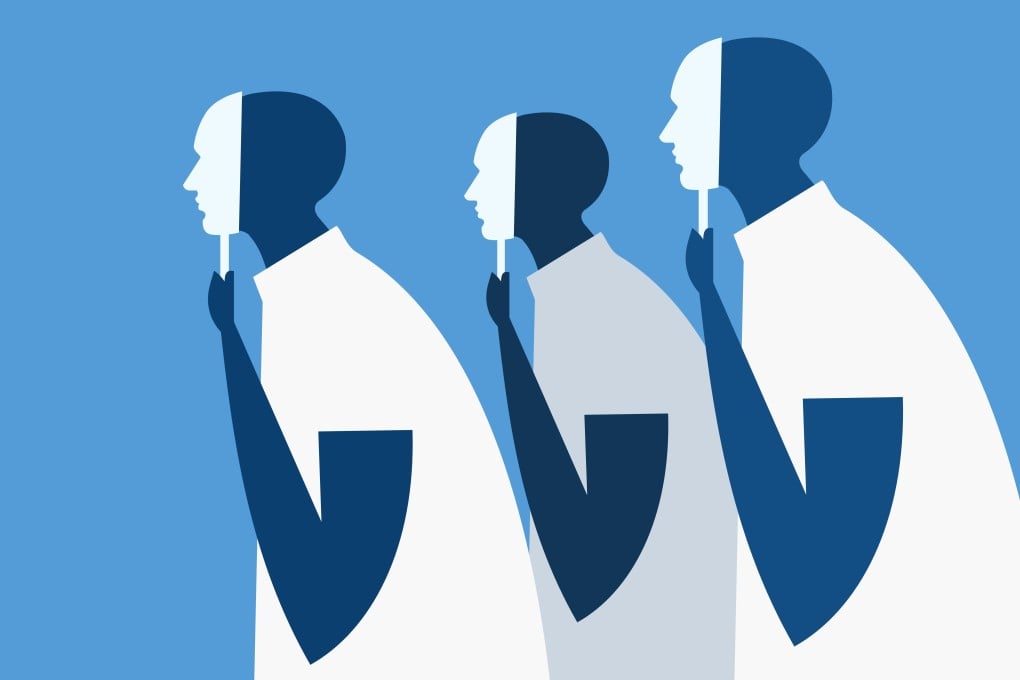Young, Asian, full of potential … and feeling like an ‘impostor’. Why these adults struggle to celebrate their success
- ‘Impostor syndrome’ is a psychological pattern of chronic self-doubt prevalent among high achievers, racial minorities, children of tiger parents and others
- Six young Asian adults talk about what caused them to be sufferers and how it has affected their lives

Raj Raghunathan argues in his book If You’re So Smart, Why Aren’t You Happy that being rich, well-educated and accomplished is not a path to happiness. Rather, they are the gateway to a life of dissatisfaction.
Promising individuals have a tendency to belittle their own successes by comparing their performance to others who have achieved what they regard as even greater things, believes Raghunathan, a professor in the McCombs School of Business at the University of Texas at Austin in the US.
Such people may suffer from impostor syndrome, or “impostorism”, a psychological pattern of chronic self-doubt, leading a person to continually question their abilities and fear they may be seen as a fraud.
Karen Ng, 29, a doctor of pharmacy, has lived in Ontario, Canada, since the age of two. A product of tiger parenting, Ng says she always discounted her academic achievements and focused more on her mistakes and failures.
Even after Ng earned her doctoral degree at the top-tier University of Toronto, her parents were displeased with her decision to choose a programme in pharmacy rather than medicine.